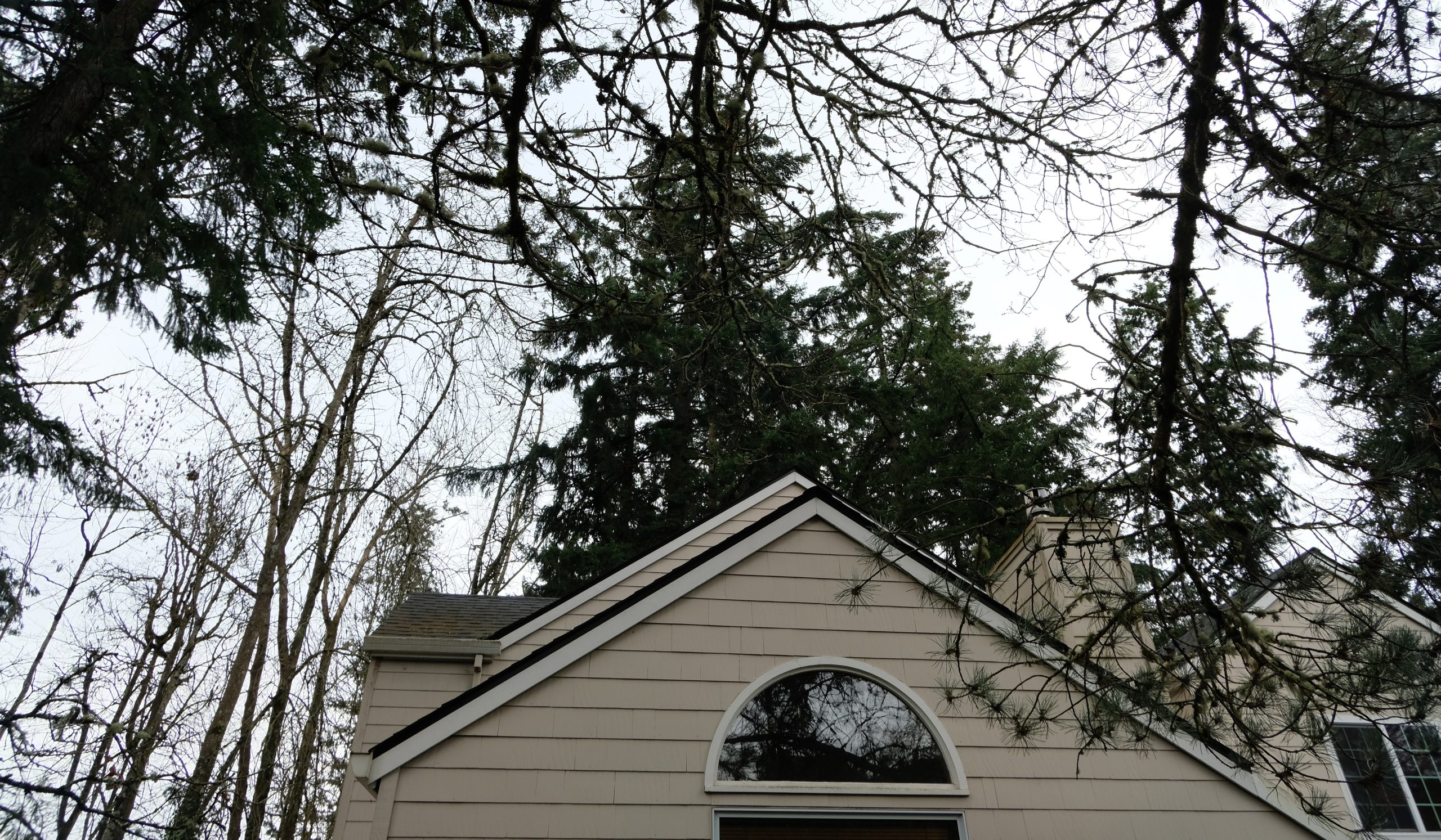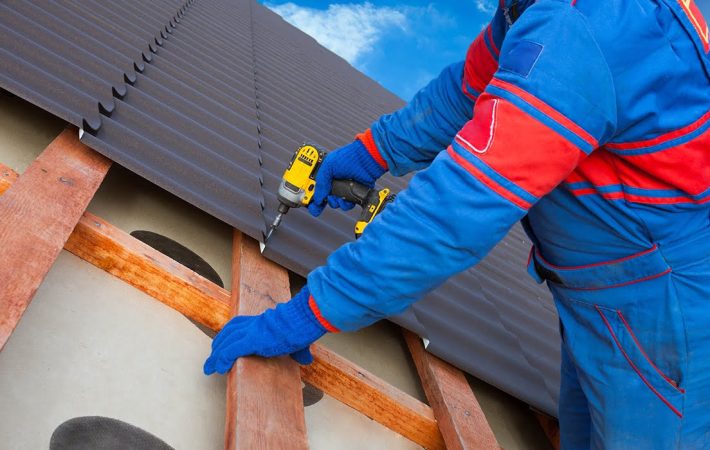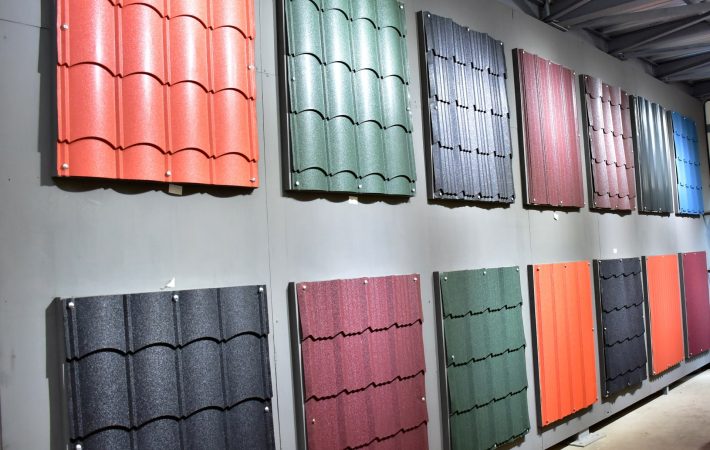
How are you getting your roof ready for the warm weather? Here are six warm and dry weather roof care techniques to help you extend the life of your roof.
Inspect your roof
You should inspect your roof for noticeable damage at the start of each season. A simple walk around your house looking for these concerns on your roof will help you detect any difficulties.
If you notice any damage, contact your trustworthy roofer to make the necessary repairs. Roof maintenance can be pricey, but it will save you money in the long run.
Clean gutters and drains
Cleaning your gutters and drains twice a year is a must for homeowners. Cleanings are advised at the start and end of every new season.
Water buildup on your roof may result from improper or infrequent gutter cleaning to remove leaves, bird nests, and other debris.
Check your chimney
It is advisable to have any roof breaks investigated and repaired before the hot, dry weather. Pipes, vents, and chimneys need to be inspected thoroughly. It’s important to check seals and flashings for leaks and damage.
Check your attic ventilation
The heat from the sun’s rays is absorbed by your roof and is then released into the attic space. Your roof’s lifespan may be shortened by an attic with inadequate ventilation and substantial heat accumulation over time.
In addition to saving money, a well-aired attic can help maintain the health of your roof.
When inspecting your attic, look for any indications of possible damage, such as these:
- Watermarks on the walls or ceilings may indicate a hole in your structure.
- Discolored rafters indicate that wood has absorbed water, which suggests your roof leaks.
- A musty odor coming from your attic or the presence of mildew could indicate your roof has a leak.
Cut Tree Limbs
Though the strongest storms usually occur during extended rains, pop-up showers can harm tree branches during short rainfalls. Any tree branches that hang over your roof should be properly and frequently pruned to avoid breaking during a storm.
Strong storms can force even the healthiest tree limbs to snap, and low-hanging branches might scrape your metal roof. Fallen leaves and twigs from these trees can clog your gutters.
Eliminate nesting access
Maintain the privacy of your home. Eliminate any entry points for nests where snakes, rats, and squirrels might try to make a home. These animals may carry illnesses that could infect your family, and they may cause damage to your electrical system and roof.




